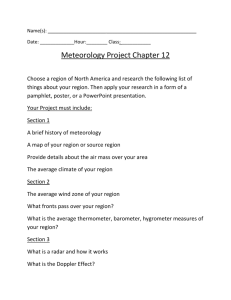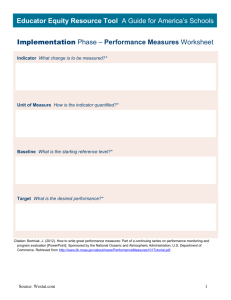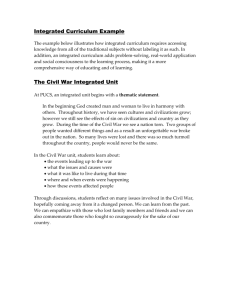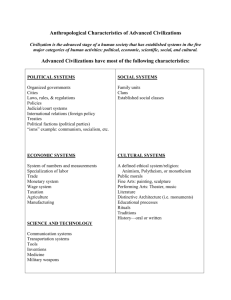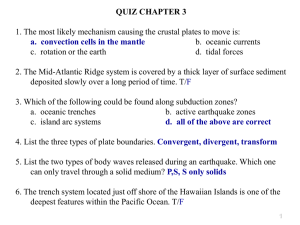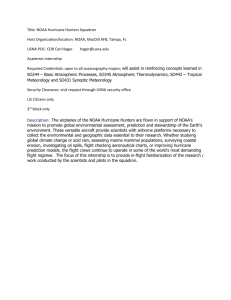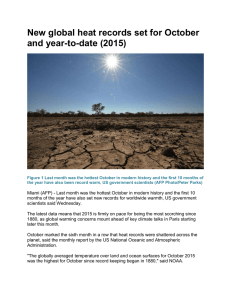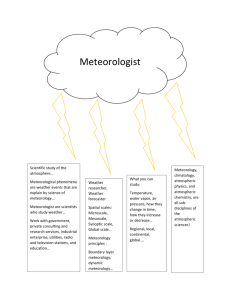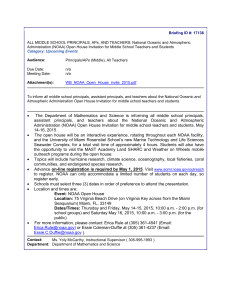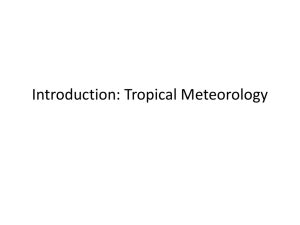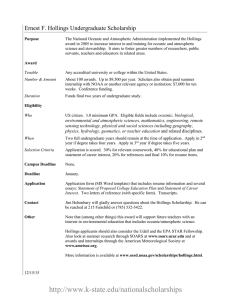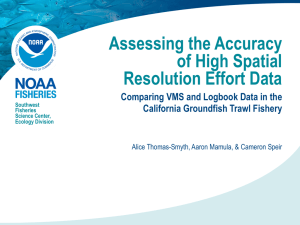Aim: History of Earth Science
advertisement
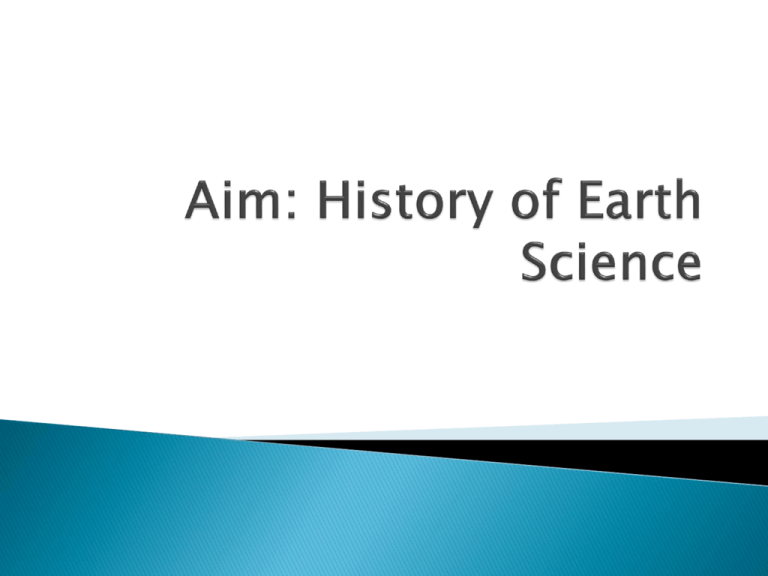
In the past, early humans believed in mythology to try to explain what they observed. What is mythology? What were some occurrences people may have been afraid? Ancient civilizations believed their gods controlled the weather. Early civilizations recorded what they observed: ◦ Recorded calendars which described natural reoccurring phenomena. Egyptians ◦ Nile river flooded crops every year ◦ Shorty before the flood, the brightest star Sirius appeared at dawn in the east. ◦ The Egyptian calendar was created. Instruments were created to help aid in answers. Meteorology – The study of weather. The history of meteorology illustrates how the understanding of weather has developed over time. Rain gauge – probably first weather instrument used to measure the amount of rainfall. (321 B.C. – 296 B.C.) Barometer – used to measure air pressure. Thermometer – used to measure temperature. Hygrometer – used to measure water vapor in the air. Anemometer – used to measure wind speed. Benjamin Franklin was the first American to suggest that weather could be predicted through observation. Joseph Henry was able to draw maps which included weather data. National Oceanic Atmospheric Administration (NOAA) ◦ The National Oceanic and Atmospheric Administration (NOAA) is a federal agency focused on the condition of the oceans and the atmosphere. Orbiting satellites Weather balloons Radio, television, media Technology is continuously being enhanced everyday. A scientific theory is an explanation or model backed up by results obtained from many tests or experiments. Many scientist work together to develop a theory. Most logical explanation of why things work. A theory can be revised with new information. ◦ Example: Comets – Dr. Fred L. Whipple hypothesized that a comet was similar to a dirty snowball. The n nucleus of the comet contains most of its mass. A scientific law is a statement about what usually happens in nature and that seems to be true all of the time. ◦ Ex. Newton’s first law of motion An object in motion will stay in motion unless an unbalanced force acts on it. An object at rest will stay at rest unless an unbalanced force acts on it. Laws can be used to predict what will happen in a given situation, however they don’t explain why. Laws may also be revi.sed if new observations show them to be incorrect Science does not always provide an answer to your question. In science you need variables which need to be observed, measured and tested. Problems with belief systems and ethics cannot be answered using these methods. ◦ Ethics deals with the moral values about what is good and what is bad. How can we be ethical in science? When performing an experiment it is important never to be bias. Bias is a personal opinion which can effect your observations and outcome. Turn to page 21 in your textbook. It is important to keep detailed records of your experiment. Your conclusion should be based on precise measurements and test.
